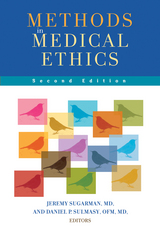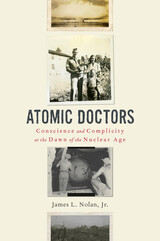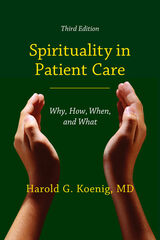Cloth: 978-0-87840-348-6 | Paper: 978-1-62616-151-1
Library of Congress Classification R724.Z355 2004
Dewey Decimal Classification 174.2
At the edge of mortality there is a place where the seriously ill or dying wait—a place where they may often feel vulnerable or alone. For over forty years, bioethicist cum philosopher Richard Zaner has been at the side of many of those people offering his incalculable gift of listening, and helping to lighten their burdens—not only with his considerable skills, but with his humanity as well.
The narratives Richard Zaner shares in Conversations on the Edge are informed by his depth of knowledge in medicine and bioethics, but are never "clinical." A genuine and caring heart beats underneath his compassionate words. Zaner has written several books in which he tells poignant stories of patients and families he has encountered; there is no question that this is his finest.
In Conversations on the Edge, Zaner reveals an authentic empathy that never borders on the sentimental. Among others, he discusses Tom, a dialysis patient who finally reveals that his inability to work—encouraged by his overprotective mother—is the source of his hostility to treatment; Jim and Sue, young parents who must face the nightmare of letting go of their premature twins, one after the other; Mrs. Oland, whose family refuses to recognize her calm acceptance of her own death; and, in the final chapter, the author's mother, whose slow demise continues to haunt Zaner's professional and personal life.
These stories are filled with pain and joy, loneliness and hope. They are about life and death, about what happens in hospital rooms—and that place at the edge—when we confront mortality. It is the rarest of glimpses into the world of patients, their families, healers, and those who struggle, like Zaner, to understand.
See other books on: Conversations | Edge | Illness | Medical ethics | Narratives
See other titles from Georgetown University Press

















